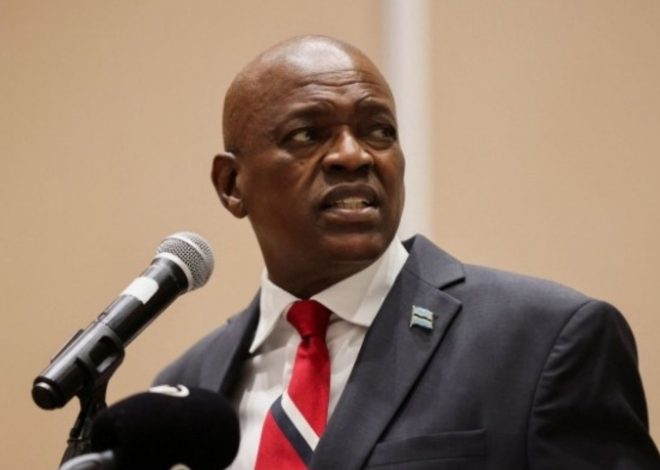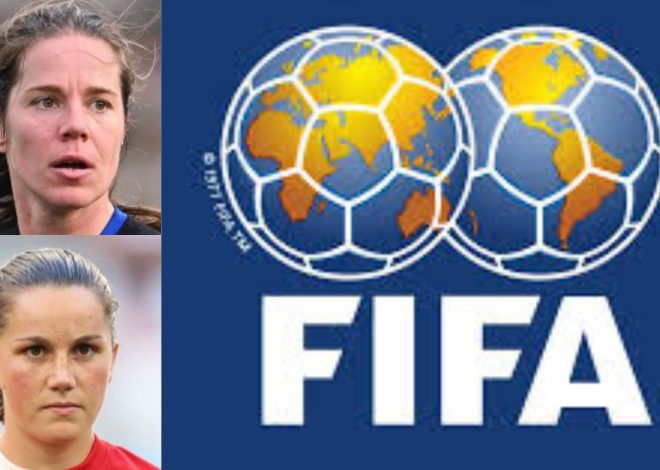
Estonia’s PM Kaja Kallas calls on US and NATO allies to be tougher on Russia
Asked to respond to critics that say she is too tough on Putin, Kallas said, “Can you be tough enough on Putin, considering what he has done?” Since Russia invaded Ukraine in February 2022, Kallas has become one of Putin’s loudest critics.
Kallas has been considered to become the next NATO Secretary General, but some of her opponents say she is too hawkish to lead NATO. To that, Kallas said she does not think Putin should have a say in how NATO runs its alliance.
Estonia is on the front line of NATO, sharing a 210-mile border with Russia. Estonia spends 3.2% of its annual GDP on defense and 1.35% of that is for Ukraine to fight the Russians, the equivalent to $378 billion a year.
After the Soviet Union fell in 1991 Estonia became independent, eventually joining NATO in 2004. In 2007 Russia launched massive cyberattacks unlike anything the world had seen. The cyber campaign lasted 22 days targeting Estonia’s parliament, banks and news organizations. Estonia is now the headquarters to NATO’s cyber defense.
Kallas said the attacks in 2007 are nothing like the attacks that Estonia now prevents every day. “We have invested a lot in cybersecurity so these attacks don’t really go through,” Kallas said. But the cybersecurity of hospitals remains a huge concern. “There could be civilian casualties. So we have to prepare,” Kallas said.
These cyberattacks are part of what Kallas calls a shadow war. “While there is a conventional war going on in Ukraine, there’s also a shadow war going on within our societies … What they are really good at is pouring fuel into the fires that are already existing in our societies. So we have to be aware,” Kallas said.
It is not only direct conflict with Russia that Kallas is worried about. She wants to prevent more of a shadow war. It is because of this that Kallas warned against negotiating with Russia to end the war in Ukraine as former President Trump has suggested he will do if elected.
“Of course, war is bad and peace is good. But there’s also a difference between peace and peace,” Kallas said.
Under Joseph Stalin, in 1949 her mother was just six months old. She and her family were sent to a Soviet prison camp in Siberia. These labor camps across Russia were known as the Gulag. They were there for ten years before being released.
“Just because a war is over does not mean there is peace, Kallas said.
“Peace on Russia’s terms doesn’t mean human suffering will stop. For my country, one fifth of our population was either deported or killed. Our language, our culture was suppressed. All these things happened while we had peace. So, peace under Russian terms does not mean that the human suffering will stop.”
source: foxnews


